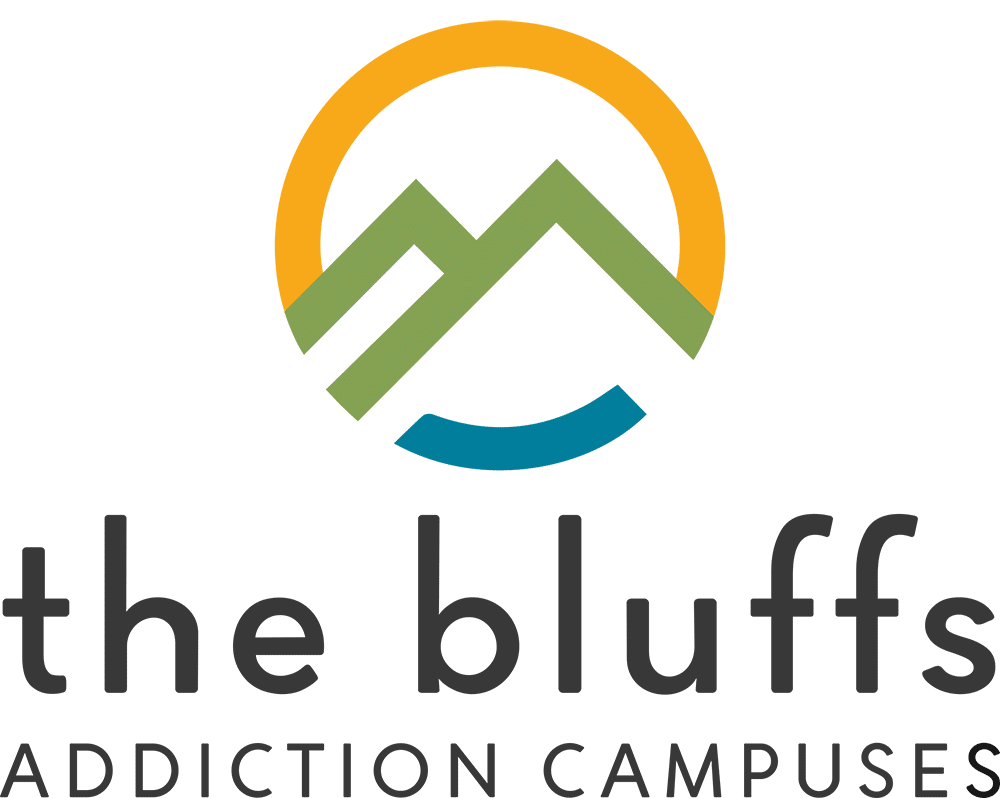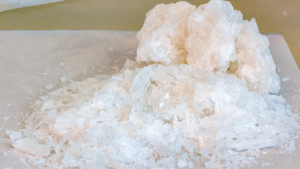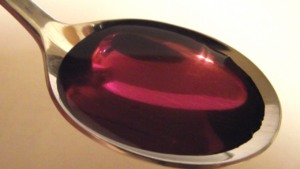Are muscle relaxers addictive? Many people don’t think of muscle relaxers as addictive drugs, but it’s surprisingly common to become addicted to them. Fortunately, addiction treatment can provide the tools and support necessary for overcoming dependence on any substance — muscle relaxers included.
At The Bluffs, we offer inpatient addiction treatment services for many types of substance dependence. If you or a loved one have developed an addiction to muscle relaxers, don’t wait to ask for help.
Call 850.374.5331 today to learn more about treatment options for muscle relaxer dependence at The Bluffs.
What Are Muscle Relaxers?
Muscle relaxers are a type of prescription pain medication. They are usually prescribed for acute pain that occurs after a surgery or injury.
Most muscle relaxers impact your central nervous system. When you’re in pain, nerve signals travel up your spinal cord to the brain, which is how you experience the sensation of pain. Muscle relaxers stop these signals from getting passed to the brain, which reduces the sensation of pain.
Muscle relaxers don’t contain opiates or other substances with a high potential for abuse. But if you’re wondering, “Can you get addicted to muscle relaxers,” you’ll find that the answer is yes.
Can You Get Addicted to Muscle Relaxers?
It’s possible to become addicted to muscle relaxers. The effects that muscle relaxers have on the body and mind can lead to dependence and addiction. This is a risk for people who take them on a regular basis, as they may become hooked on the sense of relief this type of medication provides.
Some people report feeling a sense of calmness or relaxation after taking muscle relaxers. This can be especially true for those who struggle with chronic pain. However, addiction is a potential outcome for anyone who uses the medications for too long.
Drug addiction doesn’t only happen with powerful painkillers like heroin or oxycodone. It can happen with any medication that significantly alters a person’s perceptions. That’s why the question, “Are muscle relaxants addictive?” can have different answers for different people.
Some individuals don’t notice much relief after taking a muscle relaxer, while for others, the difference is noticeable right away. You’re unlikely to keep taking muscle relaxers if you don’t notice substantial effects from them. However, if they do bring you a sense of relief, there’s a higher risk of becoming addicted. With regular use, muscle relaxers can become addictive for anyone.
Signs of Muscle Relaxer Addiction
If you’re asking the question, “Are muscle relaxants addictive,” there’s a good chance you or a loved one have developed a dependence on this type of medication. By becoming familiar with the signs of muscle relaxer addiction, you can identify when muscle relaxer use has turned into dependence.
Signs of muscle relaxer addiction include:
- Building tolerance and needing higher or more frequent doses
- Doctor shopping — seeking multiple prescriptions from different doctors
- Withdrawal symptoms like irritability or anger when use is stopped
- Faking pain to receive prescription refills
- Worrying about a prescription running out
- Continuing use when it’s no longer necessary
- Purchasing muscle relaxers illegally
- Taking someone else’s medications
Muscle relaxers are strictly for short-term use. Using them for longer than necessary won’t just put you at risk of becoming addicted — it can also have a serious impact on your physical and mental health.
Ask for Help at The Bluffs
The relief afforded by muscle relaxers is a slippery slope. It can be easy to find yourself addicted without even realizing that it has happened. Dependence on muscle relaxers is a form of drug addiction, and you may need professional help to attain lasting recovery.
The Bluffs offers inpatient addiction detox and treatment for many types of substance use disorders. Our treatment team will work with you to identify the unique health challenges you’re facing and create a plan for long-term healing. If you’re taking muscle relaxers and asking, “Are muscle relaxers addictive,” it’s time to ask for help.
Call 850.374.5331 to learn more about treatment for muscle relaxer addiction at The Bluffs.







